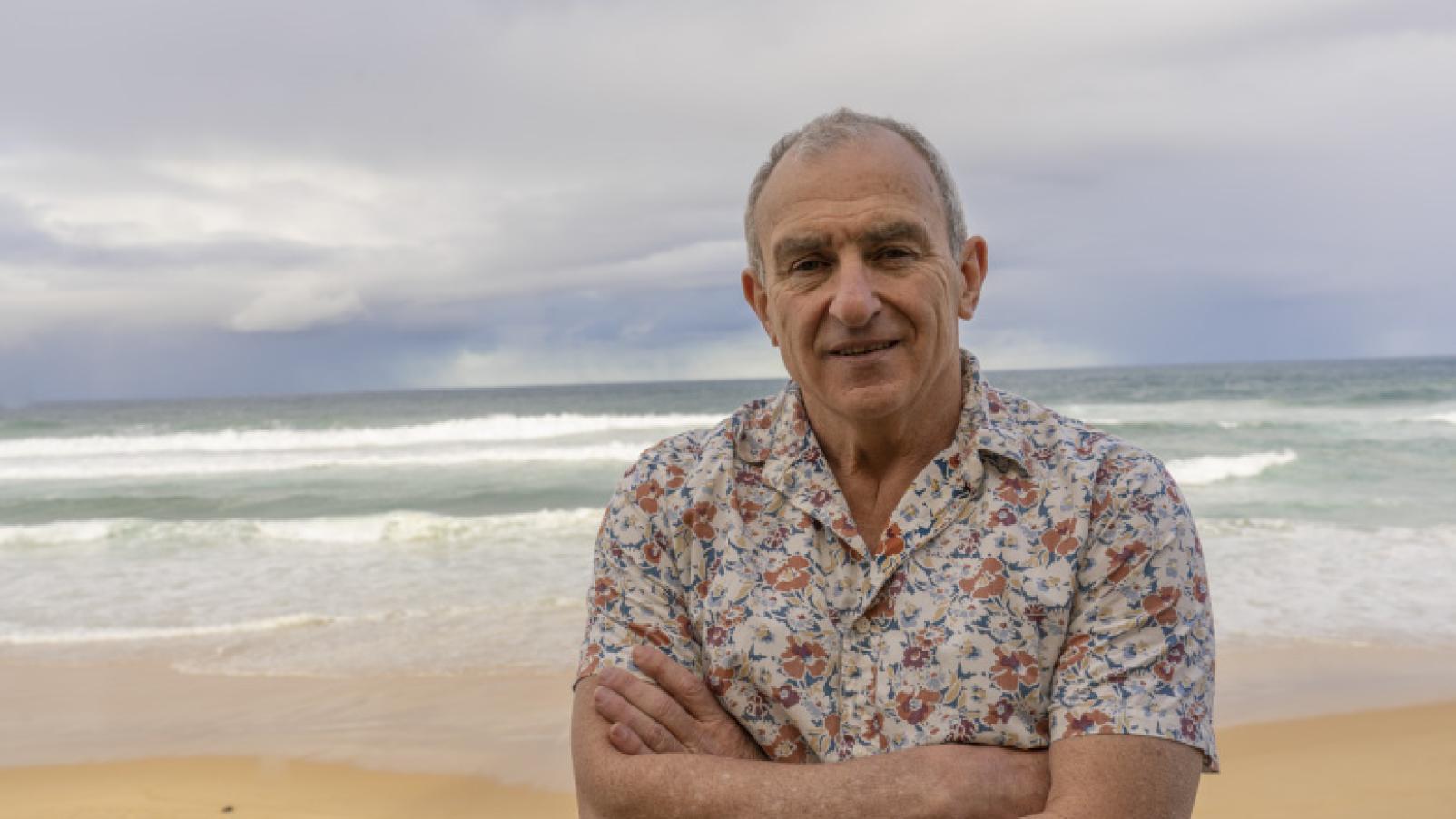How do I manage the grief of a dementia diagnosis?

For Bill, receiving a diagnosis of younger onset dementia at the age of 59 brought with it a ‘period of darkness’ as he came to terms with the ways his life had irrevocably changed.
“I was devastated that my life had been turned upside down,” he said.
“As a deputy school headmaster, my dream of one day becoming a school headmaster, which I had worked my whole life towards, was all of a sudden gone.
“There was a great deal of grief in coming to terms with that.”
Note – This story deals with discussions about death and grief. If this article brings up any strong emotions, or you would like support, please call us at any time on 1800 100 500. We are available 24 hours a day, seven days a week, 365 days a year.
Grief at diagnosis
For Donna, who lives with dementia, her diagnosis fundamentally changed her conception of grief.
“My understanding of grief was that it was something you went through when someone dies but I’ve since learnt it is also about the loss of what is going to happen,” she said.
“I grieved for the loss of my independence and what I was capable of before – leading the singers at church, cooking, driving and running my own business.
“It’s an ongoing process too and I continue to grieve every day.”
Working through their grief
A turning point for Bill came when he travelled to Japan with a group of close friends for the 2019 Rugby World Cup and spent extended time in a traditional onsen, or hot spring bath, reflecting on his diagnosis and future.
“I had a fantastic time, laughing and enjoying myself, and came back a completely different person,” he said.
“I realised I needed to accept the limitations that living with dementia placed on me, understand that the journey in front of me was going to be hard, and show my family and friends that I was willing to fight, and hopefully that I could slow down the progression of my dementia.”
To help do this, Bill keeps a ‘Tree of Awakening your Positivity’ pinned on his wall, with simple tips about how to keep a positive mindset in the face of living with dementia.
This visual reminder provides a range of ideas to help him remain positive including advocacy work, keeping a journal, challenging yourself and listening to music.
“My best advice for others facing this situation is to accept there is a need for a grieving process, but once you have come to terms with your diagnosis, spend time deciding how you are going to live a better life – one that you value and is both rewarding and fulfilling,” Bill said.
“While everyone will take time, when you are ready, seek help and support from your family and friends, and set yourself goals.”
For Donna, it’s a simple strategy she employs to deal with her grief and stay positive: make yourself feel useful.
“I realised my life has changed and I needed to change with it.
“Working with organisations such as Dementia Australia, Anglicare and Western Sydney Dementia Alliance, I have found purpose in educating others about dementia,” Donna said.
“Whether that’s through giving strategies to café owners on dealing with customers who have dementia, reducing stigma or advocating for early detection.
“I take each day as it comes and try to concentrate on things I can do rather than what I can’t.”
Support is available
Bill and Donna both found it helpful to seek out support to help them come to terms with the grief their diagnosis with dementia brought – and this is a timely reminder that if you have been diagnosed with dementia, don't feel you have to walk this road alone.
This could be accessing information, hearing from others in similar circumstances, sharing your own experiences with others or talking to a professional about your feelings.
The team at Dementia Australia has specialist dementia knowledge, skills and experience, and can support you, and others in your life, work through the complex feelings of grief.
From written resources to educational sessions and counselling, we are always here to offer advice, support and a compassionate ear.
Contact the National Dementia Helpline at any time on 1800 100 500 for more information about grief and dementia, and all the related resources and services we can provide.
If, like Bill and Donna, you are interested in using your experience to make a difference you may be interested in our Dementia Advocates Program.
Want to read more? Check out these articles:
"Is it normal to feel this way?" the complexity of grief
Anthony, Bronte and Miya share the various stages of grief they went through as they supported a loved one with dementia.
Advice to support someone who is grieving
Dementia Australia Family Engagement Counsellor Ken Bartlett provides advice on how best to support someone who is dealing with the grief of dementia.
Want to read more stories like this one? Subscribe to Dementia Australia's eNews.
